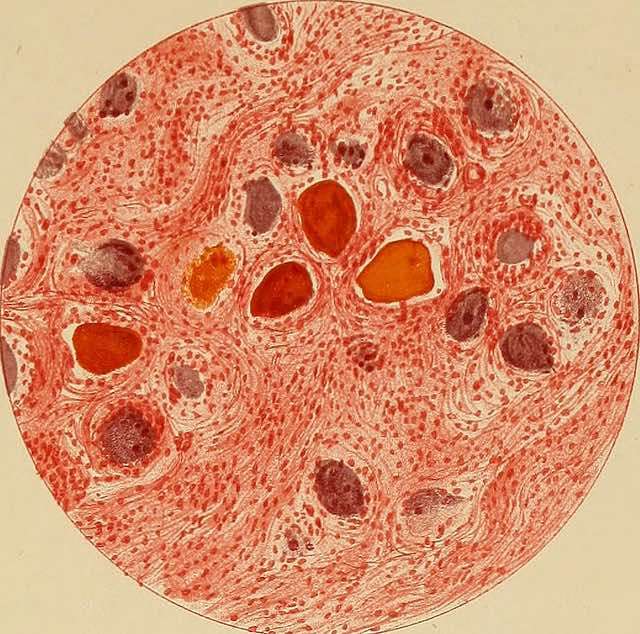These Green High-Performance Batteries are Made From Junkyard Scraps
This treatment process known as anodization is taking recycling to a whole new level – all you need is household chemicals and some pieces of trash.

Imagine a world in which women desiring pregnancy are no longer reliant on the ever depleting number of ova they are born with. Furthermore, imagine a world in which infertility itself is eliminated entirely thanks to the skin on your bones.
According to the recent discoveries at Bath University, scientists have found that the prospect you have just imagined may not be as far-fetched as you think.
Following this dogmatic inquiry, BU researchers were able to create "parthenogenote" mouse embryos; also known as embryos which developed from eggs without fertilization.
The team found that by then injecting the created embryos with sperm, they would transform into normal embryos – some would even mature into healthy offspring. The experiments yielded a 24% success rate, which is an exciting percentage considering it has never been done before.
Parthenogenotes' properties parallel many of somatic (non-reproductive) cells, meaning that perhaps in the future, all that would be necessary to conceive a child could be skin and sperm cells.
"What we're saying is that these embryos are mitotic cells – mitotic cells are the type of cell that almost every dividing cell in your body is," Dr. Perry asserted, "And therefore potentially one day we might be able to extend what we've shown in these mitotic cells to other mitotic cells."
The work that Dr Perry and his team have conducted has birthed a principal building block upon which to base further research.
Once better supported, their findings could provide an alternative route to female infertility, the ability to bring back extinct species from tissue samples, or even grant same-sex couples the ability to conceive a child from their genetic makeups.
Reproduce The Good: Click To Share – Photo by Internet Archive Book Images, CC
Be the first to comment